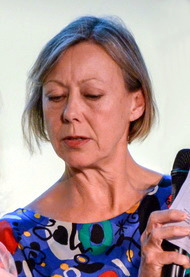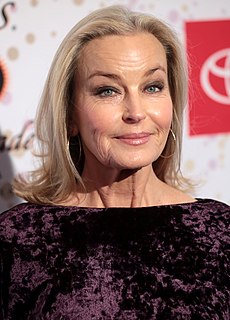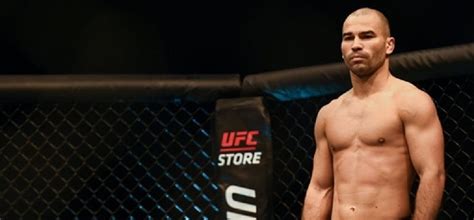A Quote by Rhys Darby
This particular one was very, very heartwarming and is the relationship of an older man and a young boy that are essentially on the run. And so yeah, as I say, Barry Crump wrote a lot of books and this one got into the hands of Taika Watiti who then writing the screenplay decided to really vamp up if that's the word, or ramp up and modernize certain phrases - getting in the humor. So he added a lot of a real comedy perspective onto it which is what I think the story needed anyway, especially for it to turn into a film. And it worked.
Quote Topics
Related Quotes
This was only Taika Watiti fourth film [Hunt for the Wilderpeople], but I think he brings a very original way of looking at stuff and I think if you look at Boy, for instance, which is a beautiful film, that was his second feature, and it's heartbreakingly sad, but it's also simultaneously very funny. There are not many people who can do that.
Barry Crump wrote a lot of books and they were really special. They were kind of the quintessential, mild for the most part, kind of southern man, kind of the true heart of what it meant to be a Kiwi kind of farmer; very kind of outdoor man living off the land. That kind of thing, you don't see so much anymore these days with everyone being metrosexual and lattes and laptops.
Because I was familiar with Taika's Watiti work and there's a very subversive, funny streak amongst all of them. I don't think he turned [Hunt for the Wilderpeople] into a sort of drama, there's too much dark material underneath it for it to be a comedy; it wasn't designed to be a comedy. I think it's a comedy... I think it's a drama that's funny; which is different.
First, there has been a lot of interest in The Drive-in, but, alas, it hasn't actually come to fruition. Maybe soon. Don really got Bubba and I didn't think it could be a film. I thought it was too odd to make it to film. He asked me to do the screenplay, but I declined. I didn't see that it could be a screenplay but he wrote one and proved me wrong. He was always considerate about what I thought about the film and the story's presentation, but in the end, he's the director and he had to make decisions. All good ones.
What Taika [Watiti] still bring to it [Hunt for the Wilderpeople], it really sums up what life is like in New Zealand, or what our sensibilities, our sense of humor, how we come together, how easy it would be, feels like. You know, we have a small population and so you know the bizarreness of the police getting involved in this manhunt, how the men... And then eventually, the army all get intwines.
The reality that we were growing up in was very young and vibrant, and nobody was capturing that part of India. I started to backpack after getting out of college. I hiked and did a lot of things nobody was capturing in art at all in India, so I wrote my first novel. It was a very, trippy, experience-filled novel, and it ended up doing very well in India because nobody was writing about that at that point.
I've got two older sisters, which I think was the best thing, but also the worst thing. They dressed me up like a girl, but at the same time I think they taught me a lot of what they experienced and what they lived through, and passed that on to me as a young man and influenced how I approached not only women, but people. I got very lucky with the family I was born into. From my older sisters to my mother and father, they're just good, kind-hearted people.
I wrote a screenplay for 'The Witches,' which Alfonso Cuaron was producing, but we couldn't get it made! The studio just wouldn't greenlight that movie. It's my favorite Roald Dahl book, 'The Witches,' because I grew up with my grandmother a lot of the time, and the relationship between the boy and the grandmother speaks volumes to me.
I write on a computer, but I've run the complete gambit. When I was very young, I wrote with a ballpoint pen in school notebooks. Then I got pretentious and started writing with a dip pen on parchment (I wrote at least a novel-length poem that way). Moved on to a fountain pen. Then a typewriter, then an electric self-correct. Then someone gave me a word processor and I was amazed at being able to fit ten pages on one of those floppy discs.



























